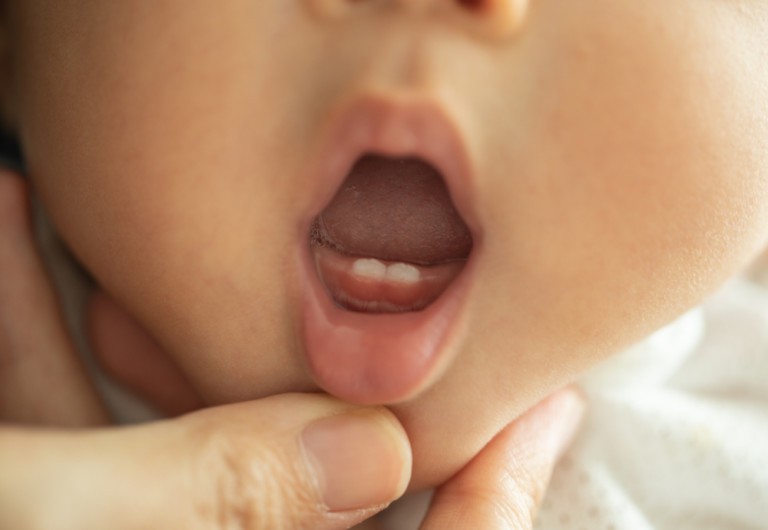People often try to forget the painful childhood experiences that can affect their mental health. Research now suggests that a link between baby teeth and mental health issues might tell those important stories, even when people are unable.
Growth lines in baby teeth help may help pinpoint “stressful life conditions” according to a Harvard-affiliated study published in JAMA Network Open. Considering that up to one-third of all mental health issues track to childhood adversity, details from a tooth may offer helpful truth.
This discovery could inspire early intervention for children at risk for depression and other disorders later in life, according to the study’s senior author Erin C. Dunn, in an interview featured in The Harvard Gazette.
“Then we can connect those kids to interventions, so we can prevent the onset of mental health disorders, and do that as early on in the lifespan as we possibly can.”
Erin C. Dunn, Massachusetts General Hospital Psychiatric and Neurodevelopmental Genetics Unit
Dunn is also an associate professor of psychiatry at Harvard Medical School. The study’s co-lead authors include postdoctoral research fellow Rebecca V. Mountain and data analyst Yiwen Zhu.
Mountain is now a postdoctoral research fellow at Maine Medical Center Research Institute. Zhu is now a doctoral student at the Harvard T.H. Chan School of Public Health.
This research was supported by a grant from the Bezos Foundation. Dunn is also supported by the National Institute of Mental Health.
Understand how baby teeth and mental health issues might be connected
Read the full interview from Timothy Gower to find out:
- what genetics researchers learned from 70 primary teeth collected from children aged 5 to 7,
- which experiences in utero and early infancy can affect tooth growth, and
- how cortisol and systemic inflammation factor into the findings.
Want to learn more about the link between baby teeth and mental health issues?
Click HERE.


